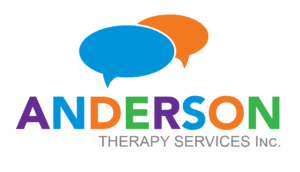What are Speech-Language Pathologists (SLPs)?
Ever wonder, “What exactly is an SLP and what do they do?”. Well, SLP stands for Speech-Language Pathologist (also referred to as Speech Therapist or Speech-Language Clinician). An SLP is someone within the allied health profession who is trained to deliver assessment and treatment to clients who have difficulties in any areas of speech and language, including:
- Articulation (e.g., difficulty producing a specific speech sound, such as “s”)
- Language (e.g., difficulties understanding and/or producing words and sentences)
- Fluency/Stuttering (e.g., trouble producing smooth speech)
- Voice and Resonance (e.g., abnormal voice quality/nasality)
- Swallowing (e.g., difficulties eating, chewing and swallowing food/liquids)
- Cognition (e.g., problem solving, social skills and reasoning)
- Hearing (e.g., effective communication strategies for those with hearing loss)
- Literacy (e.g., skills involved in reading and writing)
An SLP will have obtained at least a Master’s level of education, must possess a license to work within the state or province, and will have several years of volunteer experience under their belt. There are a number of different populations of clientele that SLPs can work with including, young children, adolescents and adults. SLPs may also work in a number of different environments such as private practice, hospitals, nursing homes, schools and daycares.
How to See a Speech-Language Pathologist (SLP)?
To book an appointment with an SLP, you may have received a referral from a family doctor. If you have not received a referral but have concerns in any of the above areas, you may self-refer to an SLP as well. The SLP will conduct a speech and language assessment to examine any areas of concern. Once the speech and language goals are determined, the SLP will discuss a plan with you and your family to achieve these goals based on the length and intensity of treatment.
At Anderson Therapy Services our team of certified SLPs have years of experience in assessing and developing treatment plans for a range of speech and language concerns. We also have the ability to refer individuals to other medical professionals if there are concerns in addition to speech and language.






